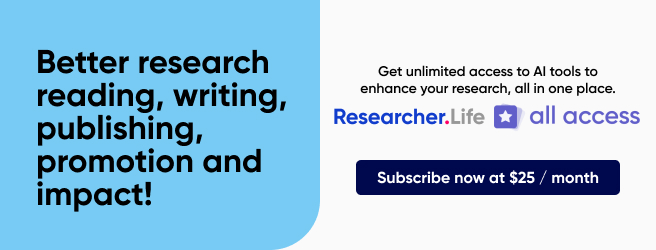Failure to disclose potential conflict of interest lands author in trouble: A case study

Case: An author published her paper in a journal. Soon after, she received an email from the journal editor stating that the author had not declared a potential conflict of interest. According to the editor, the author’s spouse had, some years ago, been working for a pharmaceuticals company that was likely to benefit from one of the study findings. The editor had found this out when he had looked up the author’s profile online.
The editor further stated in his email that the author would have to provide a satisfactory explanation for not revealing the conflict of interest, without which the paper might be retracted. The author was surprised to learn that this could be considered a conflict of interest. The author sought advice from Editage Insights on the right course of action.
Action: We told the author that the editor’s concern was valid and that a potential conflict of interest may exist if a close family member of the author is in a position to benefit directly or indirectly from the study. We advised the author to write a letter of apology to the editor explaining that the non-disclosure was a mistake that had happened due to lack of awareness on her part. We also told her to suggest that she was willing to make the disclosure in the form of a correction or erratum. She followed the instructions, and the journal was finally convinced and agreed to include the disclosure in an erratum that would be published in the next issue of the journal.
Do you have any questions related to writing and publishing your manuscript paper?
Ask a Question
Summary: Most international journals require complete disclosure of conflicts of interest. A potential conflict of interest could arise from financial relationships, personal relationships, academic competition, strong ideologies or beliefs, etc. Even if a journal does not mention it, it is always advisable that authors include a disclosure of conflicts of interest or at least write to the journal editor asking if they need to do so. If an author feels that he or she does not have any potential conflict of interest, he or she should give a declaration to that effect. Also, if authors are in doubt about whether a particular situation or transaction can be considered a potential conflict of interest, they should confirm with the editor.
Finally, authors should check the manuscript submission guidelines of the journal and see whether the journal has a specific conflict of interest disclosure form or clear guidelines about what authors are expected to disclose. In the absence of journal guidelines about conflict of interest, authors should look at the guidelines of other journals for examples of situations that may be viewed as conflicts of interest. Authors can also have a look at the ICMJE guidelines on conflicts of interest to have a clearer view on the subject. ICMJE also has a form that authors can refer to while writing their conflicts of interest disclosure in case the journal does not provide one.
Journals should also provide necessary guidelines and examples to help authors understand the exact nature of conflicts of interest that they need to disclose.
Published on: Jul 28, 2016
Comments
You're looking to give wings to your academic career and publication journey. We like that!
Why don't we give you complete access! Create a free account and get unlimited access to all resources & a vibrant researcher community.

Subscribe to Journal Submission & Peer Review












